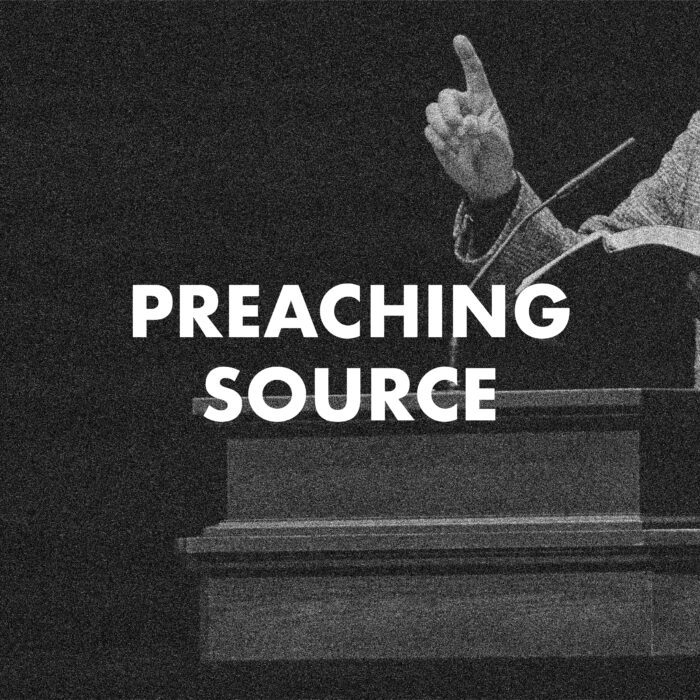Gen. 10:1-32
- Locate the passage
This pericope begins the next toledoth and recounts the lineage of Noah’s 3 sons.
- Genre
The passage is narrative. No conversation is recorded in this passage, except a “saying” that became common regarding Nimrod.
- Determine the structure of the passage
10:1-5 – The sons of Japheth
10:6-20 – The sons of Ham
10:21-31 – The sons of Shem
- Exegete the passage
The text explains the successive generation two different ways. Attempts to see a distinction between the phrase “the sons of” and “begot” are not overwhelmingly persuasive, especially since both expressions are used for the descendants of Shem. Instead, variety of expression seems to be the best explanation.
Note that while the order of the sons is Shem, Ham, and Japheth, their order is reversed in the delineation of their descendants.
Much less attention is given to the descendants of Japheth than those of Shem and Ham.
Notable descendants of the family of Japheth include: Magog (Ezek. 38:2; 39:6), Tarshish, and the sea peoples.
10:5 – They were “separated”
- “parar.” This word is repeated in 10:32 and anticipates the events of Genesis 11.
Notable descendants among the family of Ham were: Mitzraim (Egypt), Canaan, Nimrod (see below), the Jebusites, and the Amorites.
10:8-12 – Nimrod
- The notable interruption in the account of Ham’s descendants is Nimrod.
- He became a “mighty one.” The Hb. “gibor” is the same word used to describe the “giants” in Gen. 6:4 (though there is no indication in the text to suggest that Nimrod was a giant). The phrase, “mighty man of valor” is often used to describe men of great military exploits (1 Sam. 9:1; 16:18; 2 Kings 24:14; 1 Chron. 5:24; 7:2, 5, 7, 9, 11, 40; 8:40; 12:8, 21, 25, 28, 30; 26:6).
- Nimrod is the first mighty hunter. The phrase is said of him twice in 10:9.
- The proverb recorded of him in 10:9, seems to have become a point of comparison for future generations.
- It is significant that he was a mighty hunter “before the Lord.”
- Two notable building projects are noted from Nimrod: Babel and Nineveh.
- The phrase, “that is a great city” may refer to Calah, which immediately precedes it or to Nineveh (Cf. Jonah 1:2, 3:2, 3 – for a similar description of Nineveh).
10:18 – They were “dispursed”
- “putz.” This is the same word used in 11:4 describing the vain hope of the people not to be scattered.
There is no tracing of the lineage of Put.
10:21 – “And children were also born to Shem”
- This is the only occurrence of this phrase in this genealogical list
- It seems to highlight the family of Shem and may suggest the fulfillment of Gen. 4:26.
Two accounts of Shem’s descendants are traced in Scripture. The first is a general lineage (10:21-31). The second is specific through the line of Arphaxad.
Notable descendants among the family of Shem include: Assur (Assyrians), Arphaxad, Aram (Arameans), and Peleg.
10:25 – “In his days the earth was divided”
- “palag” (divided) is a play on Peleg’s name
- It probably suggests the division that took place after Babel.
10:25 – Lineage through Eber
- 10 and Gen. 11 – give lineage of two different sons of Descendants of Shem through Eber
- 10:25 – 26 ff – lineage through Eber’s son – Joktan (lit. “smallness”)
- “Let us make a name for ourselves …” (11:4)
- 11:10:17-18 ff – lineage through Eber’s son – Peleg => Abraham
- “I will make you a great name …” (12:2)
- 10:25 – 26 ff – lineage through Eber’s son – Joktan (lit. “smallness”)
10:32 – This verse is a final summary statement repeating the toledoth of 10:1. It also anticipates the dispersion described in chapter 11.
- Let the structure of the text drive the sermon
- All humankind derives from one family
- We are all a part of the human race; descendants of Adam through Noah.
- They knew that they were of different families, languages, lands, and nations (10:31). But they also knew their common heritage
- The divisions (10:5, 18, 25) between us don’t have to divide us
- Culture advances (language, skill, building) can be the blessing of the Lord
- They are part of His provision to allow mankind to fill the earth and subdue it
- Contrast this passage with Gen.4:17-24 where no recognition of the Lord for their progress was given.
- The advances we make can be used for our glory or the Lord’s (10:9)





